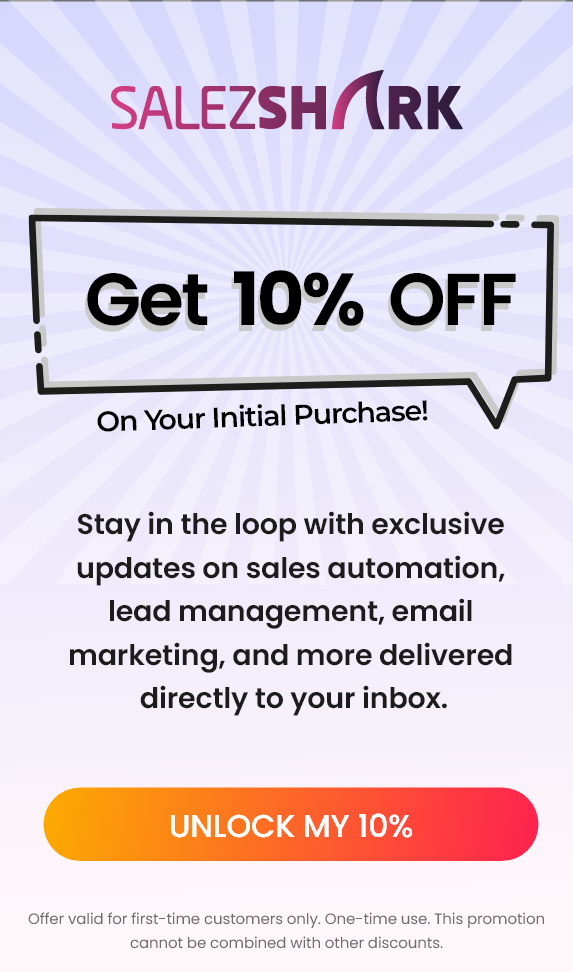The way we work has changed a lot in recent years, with more and more companies moving toward hybrid teams. Hybrid teams are those that have employees working both remotely and in the office. This model offers flexibility and can help businesses attract top talent from different locations. However, managing hybrid teams comes with its own challenges, like communication issues, keeping track of tasks, and maintaining team collaboration. This is where Hybrid Teams CRM Tools come into play.
CRM tools, or Customer Relationship Management tools, are typically used to manage customer relationships. However, their benefits extend beyond customer service. These tools can help businesses manage hybrid teams by improving communication, task management, and collaboration. In this blog, we’ll explore how Hybrid Teams CRM Tools can make a real difference for your team.
How CRM Tools for Hybrid Teams Can Be a Game-Changer?
CRM tools for hybrid teams can streamline communication and collaboration, regardless of location. They help manage customer relationships efficiently and keep everyone aligned. By centralizing data, these tools improve productivity, making it easier to track leads, follow up on tasks, and close deals faster.
1. Centralized Communication
One of the biggest challenges of hybrid teams is maintaining clear and consistent communication. With some team members working from home and others in the office, it can be easy for messages to get lost or for people to feel out of the loop. Hybrid Teams CRM Tools help solve this problem by centralizing communication. With a CRM, all messages, updates, and tasks can be organized in one place. This ensures that everyone is on the same page, no matter where they are working from.
For example, team members can leave comments or notes on tasks, making it easier to follow up on progress and ask questions without the need for endless email chains or meetings. It reduces confusion and helps your hybrid team stay aligned with less effort.
2. Improved Collaboration
Collaboration is key for hybrid teams, but it’s harder to maintain when people are working in different locations. CRM tools make collaboration easier by allowing team members to share information quickly and work together on projects. Whether it’s sharing documents, assigning tasks, or tracking the progress of projects, CRM tools streamline the entire process.
For instance, Hybrid Teams CRM Tools allow multiple people to work on the same project at the same time, updating their progress, sharing insights, and providing feedback. This ensures that everyone has access to the most up-to-date information and can contribute their expertise without waiting for others to be available.
3. Task Management and Tracking
Managing tasks across a hybrid team can be difficult, especially when employees are spread out. A CRM helps by allowing you to assign, track, and monitor tasks easily. You can set deadlines, see who is responsible for what, and check the progress of various tasks in real time.
With Hybrid Teams CRM Tools, managers can oversee the entire workflow from one platform, ensuring that no tasks slip through the cracks. This also reduces the need for constant check-ins and meetings, giving team members more time to focus on their work while ensuring that everything stays on track.
4. Better Access to Information
Hybrid teams often deal with scattered information. Some employees may have important customer data on their personal devices, while others rely on files stored in the office. This can create confusion and delays in accessing important information. CRM tools solve this by offering a central place where all team members can access customer data, task lists, and important documents from anywhere.
With Hybrid Teams CRM Tools, your team can access the same resources, whether they are working from home or the office. This ensures that everyone has the right information at the right time, regardless of where they are located.
5. Enhanced Customer Relationship Management
Even though hybrid teams focus on internal collaboration, CRM tools are designed to manage customer relationships. This is especially helpful for businesses that need to maintain strong relationships with clients while working in a hybrid environment. With CRM tools, team members can track customer interactions, manage follow-ups, and update client information, all in one place.
For example, if a team member in the office speaks to a customer and another remote team member handles the next interaction, they can both view the customer’s history, ensuring seamless communication with the client. This is especially important in a hybrid team setting, where keeping consistent customer service is crucial.
6. Data and Analytics for Better Decision-Making
Data is essential for making informed decisions, but with hybrid teams, it can sometimes be hard to get a clear picture of performance. CRM tools provide valuable data and insights about team productivity, project status, and customer interactions. By using Hybrid Teams CRM Tools, managers can make data-driven decisions based on real-time information.
For instance, managers can track how quickly tasks are being completed, which team members need more support, and where processes can be improved. This helps in planning and optimizing workflows, improving team efficiency, and ensuring that everyone is working toward the same goals.
7. Improved Accountability and Performance Monitoring
When team members are working from different locations, it can sometimes be hard to ensure that everyone is accountable for their work. Hybrid Teams CRM Tools help by providing transparent records of who is doing what, when, and how. Managers can see exactly what each team member is working on, what has been completed, and what is pending.
This level of visibility helps improve accountability and allows managers to identify any potential issues early on. It also helps team members stay motivated and focused, as they can easily see how their work contributes to the team’s overall goals.
Conclusion
As businesses continue to embrace hybrid teams, it’s essential to have the right tools in place to ensure smooth operations. Hybrid Teams CRM Tools offer a range of benefits that can help businesses manage communication, collaboration, task tracking, and customer relationships, all from one platform.
By using CRM tools, hybrid teams can stay organized, improve productivity, and maintain a high level of customer service. These tools also allow for better access to information, improve accountability, and provide valuable insights for decision-making.
In the future, CRM tools will continue to play a vital role in helping hybrid teams work effectively, no matter where they are located. So, if you want your hybrid team to perform at its best, adopting Hybrid Teams CRM Tools is a smart choice.

